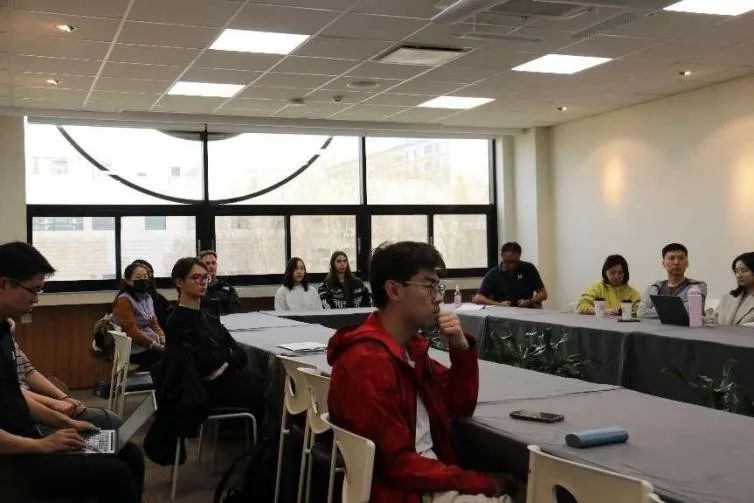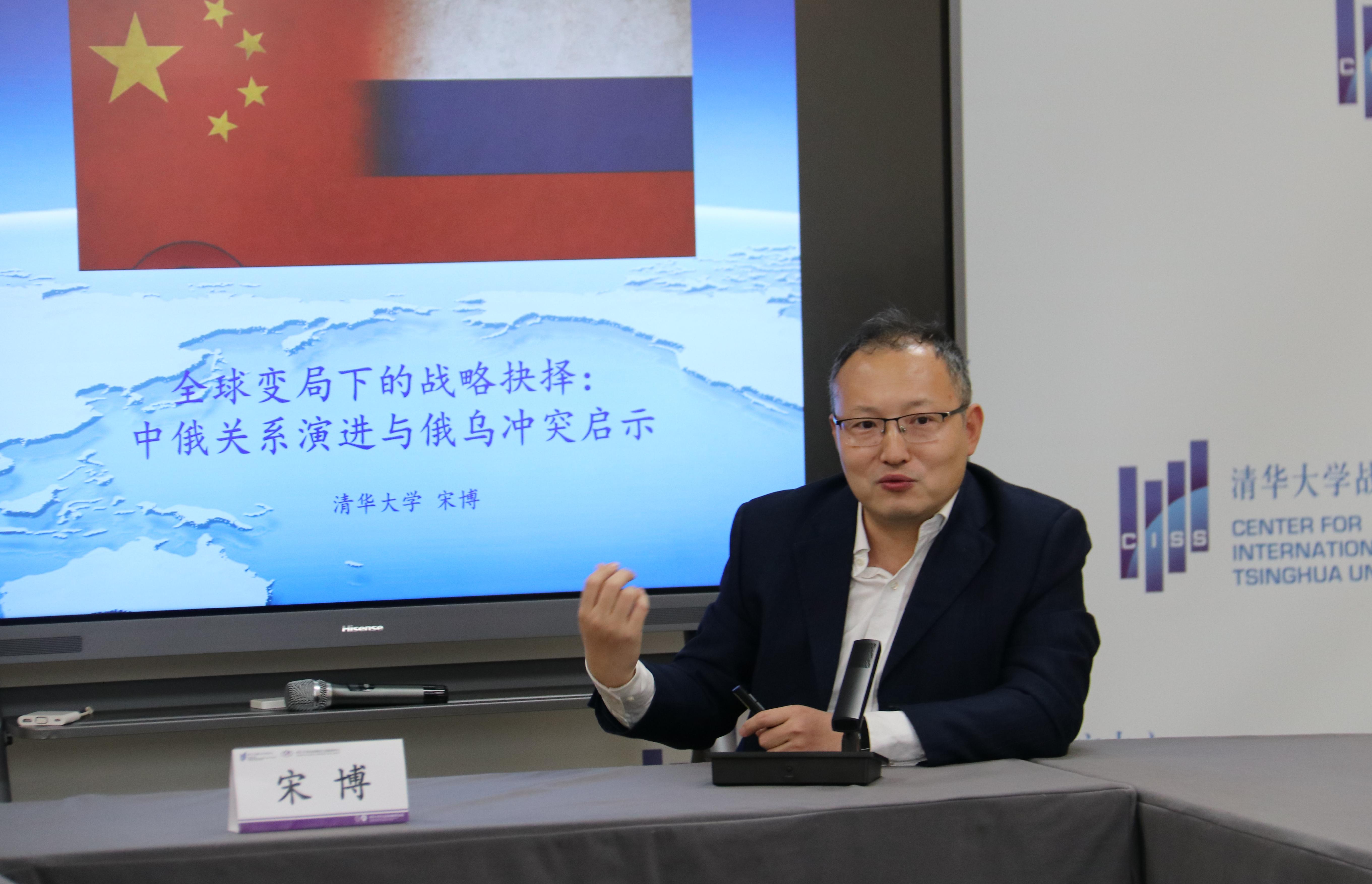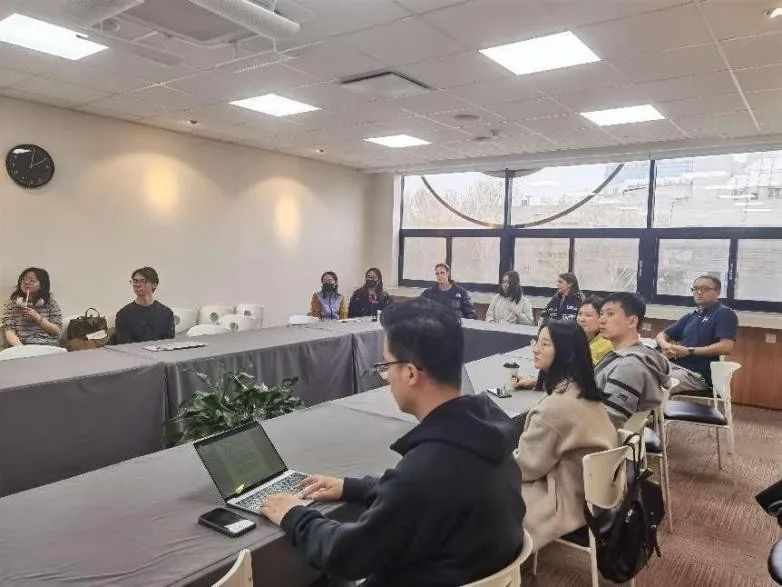On April 3, 2025, the Student Association of International Strategic Studies (SAISS) at Tsinghua University hosted a special lecture titled “Strategic Choices Amid Global Transformation: The Evolution of China-Russia Relations and Lessons from the Russia-Ukraine Conflict”. The event was supported by the Center for International Security and Strategy (CISS) at Tsinghua University and the Global Competence Development Guidance Center for Tsinghua Students. Dr. Song Bo, Assistant Research Fellow at CISS, delivered the lecture to over 30 faculty members and students in attendance.


At the beginning of the lecture, Dr. Song analyzed the fundamental structure of the China-Soviet Union relationship. He outlined four major historical phases of the relationship, detailing key events and their impacts. Special emphasis was placed on major topics such as the role of the bilateral relationship in China’s revolutionary history, border disputes, and boundary negotiations. By exploring these topics, Dr. Song provided students with a historical lens through which to better understand the evolution of China-Russia relations.
He then turned to the current status and strategic positioning of China-Russia relations. Reviewing the progression from the early 1990s—when both nations regarded each other as friendly countries—through the 2019 designation of a “Comprehensive Strategic Partnership of Coordination for a New Era,” Dr. Song emphasized the significance of this evolving relationship. He suggested that today’s China-Russia relations can be analyzed through multiple dimensions—political, economic, cultural, and strategic—offering a more comprehensive understanding of the nature and trajectory of bilateral ties.

Dr. Song also provided an in-depth analysis of the ongoing Ukraine crisis. He reviewed its historical background and key turning points, with a focus on how the conflict evolved from a localized dispute between 2007 and 2015 into a full-scale crisis. Drawing on current domestic conditions in both Russia and Ukraine—including societal resilience and electoral dynamics—he offered a holistic assessment. In particular, he focused on the scale and implications of Western military aid to Ukraine, and assessed possible future directions of the conflict.
During the Q&A session, Dr. Song responded in detail to questions on possible conditions for a ceasefire, potential directions for Russian decision-making, and shifts in Russia’s defense industry and policy over the past two years. Both students and faculty expressed that the lecture provided valuable insights and greatly enriched their understanding of the subject.
